Understanding Transformational Acupuncture
We all struggle to get our heads around depression – whether you’re suffering from it or attempting to treat it. That’s why, when medicines fail to alleviate symptoms, holistic methods can be another way forward.



What is Depression and Anxiety, Exactly?
Withdrawing patients from antidepressants is extremely difficult. When new research supported this, the former president of the RACGP, the late Dr Harry Nespolon, said:
“This is one of those areas where patients’ effect is so variable that guidelines may in fact be incredibly unhelpful”.
This is a microcosm of the larger issue at play.
Two patients suffering from the same disorder often have vastly different experiences in terms of causes, manifestations of symptoms, and responses to treatment. Medically, we don’t consider depression a disease but a disorder.
There’s no X-ray, blood test, or specific tell-tale sign where we can say with 100% certainty that it’s depression.
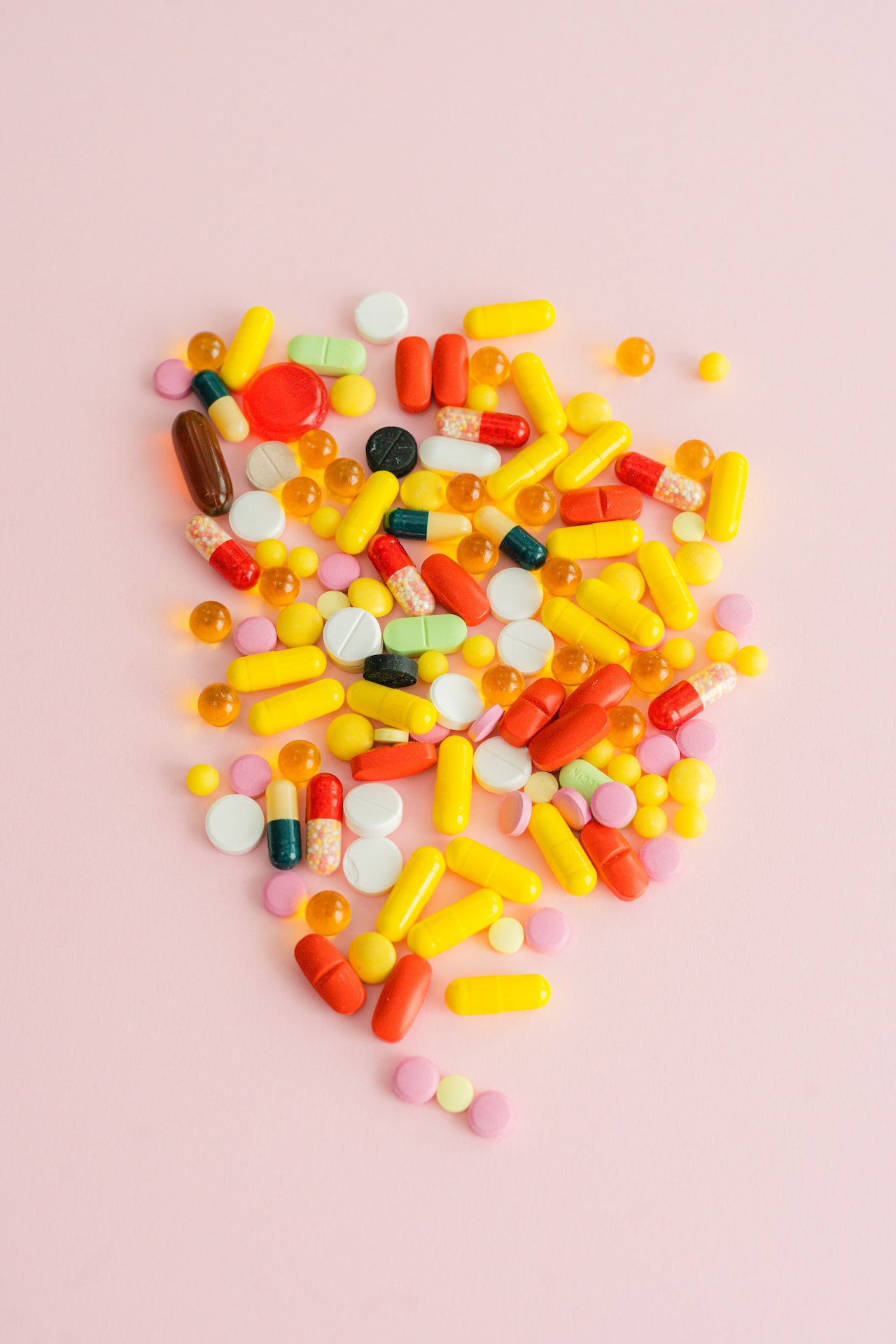
Our Tendency to Pigeonhole or Overdiagnose
Just because it’s difficult to diagnose doesn’t mean we haven’t tried. As humans, we generally respond positively to classification. It helps us to put it in a box in our minds that we can deal with.
The Diagnostic and Statistical Manual of Mental Disorders published by the American Psychiatric Association is frequently used to make a diagnosis, with the DSM-5 dividing depressive disorders into eight categories.
It’s useful, but never as neat as we medical professionals would like. For example, just because a patient is clinically depressed doesn’t necessarily mean they have a major depressive disorder. This is further complicated by the fact that depressive disorders can be qualified with a long list of modifiers.
There are many benefits to having a cut-and-dry manual like the DSM-5 – but there are dangers too. By classifying disparate items into a limited number of categories, we either pigeonhole our patients or assign multiple diagnoses.
The symptoms and emotions surrounding depression can change so much that any diagnosis we make can feel accurate one day and inaccurate the next for the patient. By applying strict categories to individuals who may not identify with them, we can end up reducing or minimizing the breadth of their experience and, in some cases, adding to the problem.
The Real Impact of the Depression and Anxiety
It’s easy to think of it as a medical head-scratcher – a sort of intellectual brainteaser. But make no mistake, this is a huge problem that affects millions of lives in Australia and around the world.
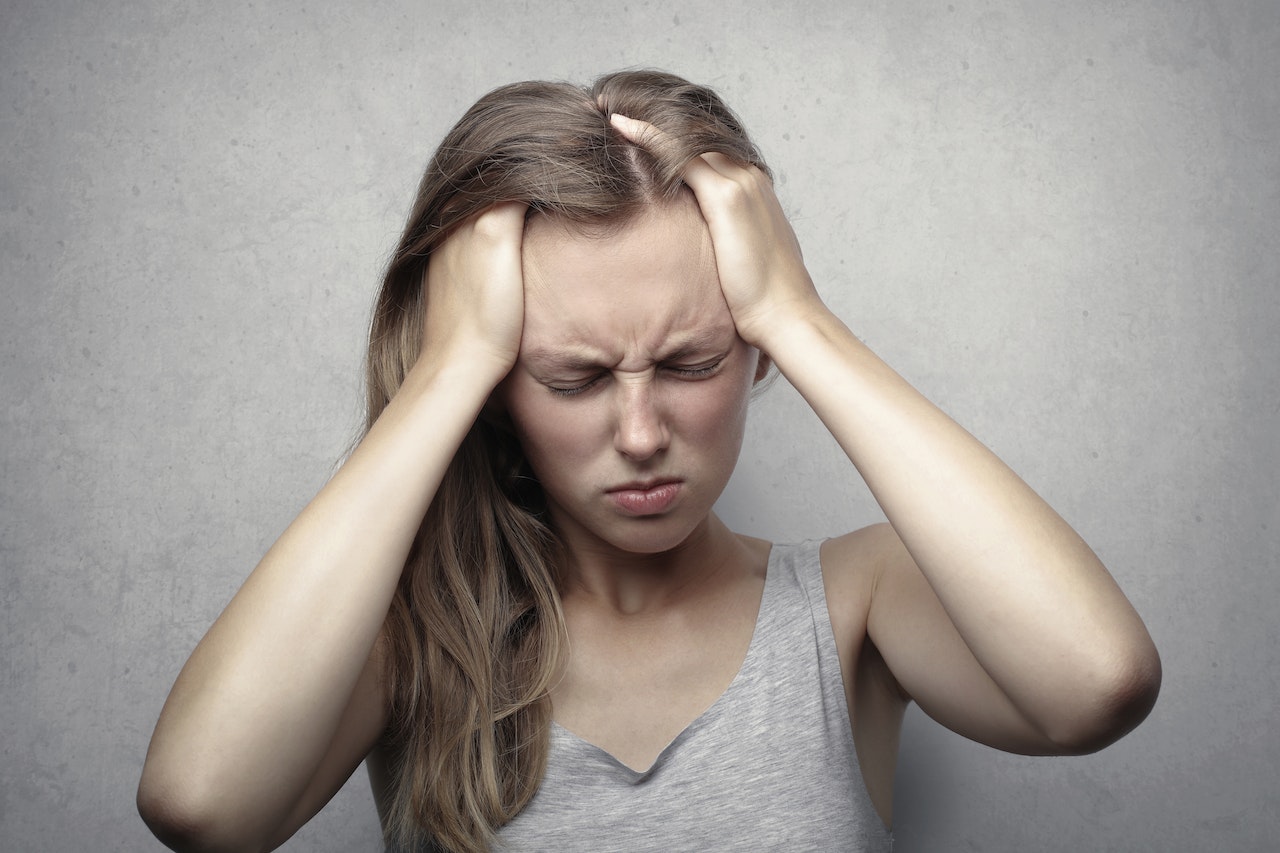
DEPRESSION
Australians (Aged 16-85)
DEPRESSION
Australians (Aged 16-85)
SUICIDE
Australians (Per Year)
SUICIDE
cause of death Australians (15–49).
Interested in the science behind Transformational Acupuncture?
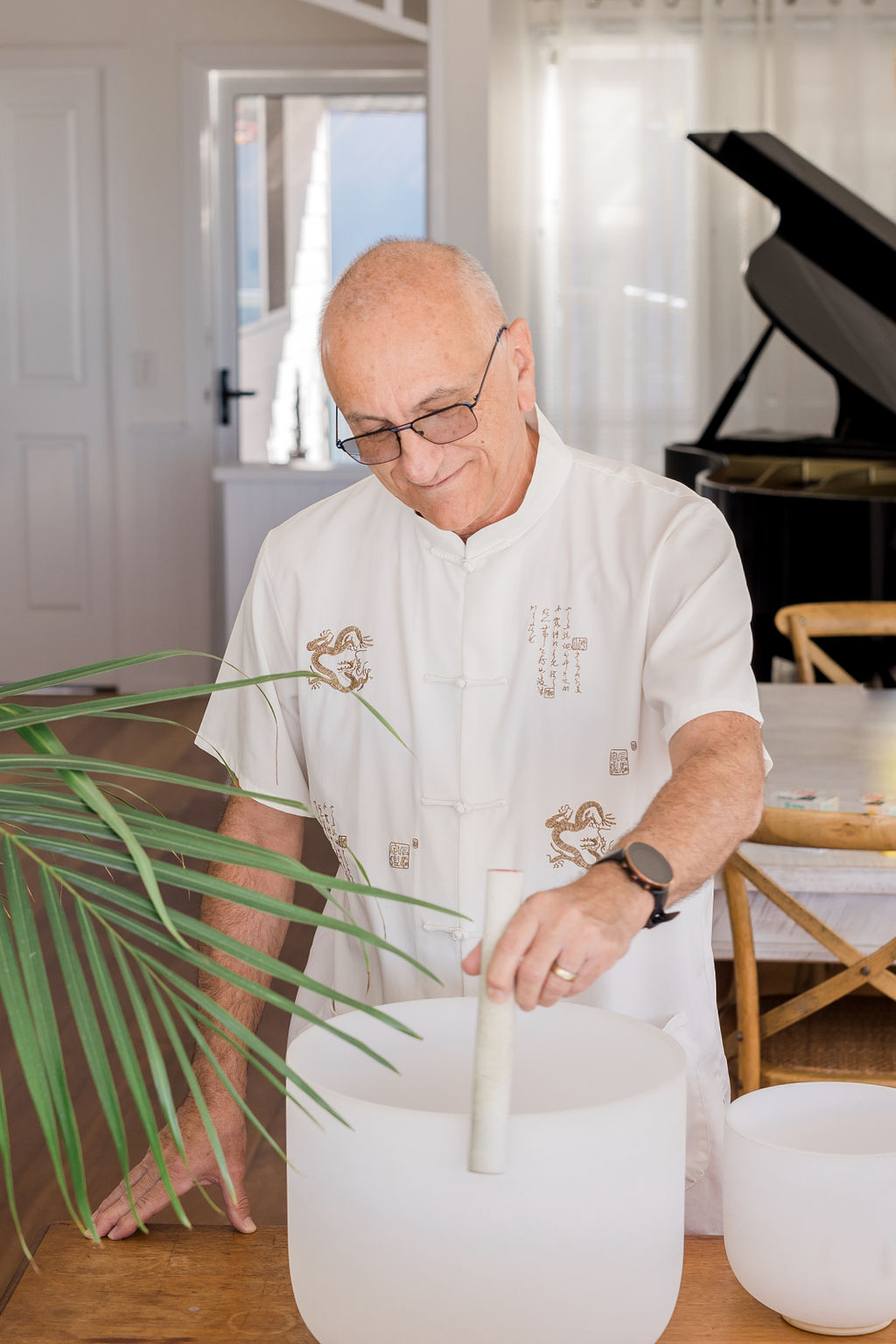
Transformation is Essential For Holistic Healing
As a general practitioner for 40 years, I have respect for the interventions we medical doctors often use. I’ve even prescribed antidepressants myself over the years.
Yet, even if there weren’t any unwanted side effects, many of my patients didn’t progress as much as I’d hoped – at least not in the long term. Prescribing a drug has a powerful effect on a patient. It signals that the doctor has heard them and is taking them seriously. Instantly, they get a sense of relief no matter the medication.
But as we’ve seen above, depression and anxiety are complex, highly personal, and inconsistent disorders. It isn’t as simple as a chemical imbalance in the brain, even if that does play a part.
Traditional medical intervention is not enough unless the patient also learns to accept their disorder and take responsibility for their own well-being. I believe that to achieve physical, psychological, and spiritual transformation, a holistic approach to healing is essential.
“Dr. Alexander Joannou is courageously paving the way for the future of medicine and the treatment of depression. In fact, I’d dare say, the future is now. Acupuncture is both natural and effective for helping people to activate their body’s natural ability to heal.”
– Dr. Darren Weissman,
Best selling author of Awakening to the Secret Code of Your Mind
and Developer of The LifeLine Technique®

Transformational Acupuncture As Integrated Medical Treatment
I have spent 40 years as a General Medical Practitioner and 20 years as an acupuncture practitioner with a special interest in nutritional and environmental medicine, counseling, and cognitive behaviour therapy.
I believe the mind, body, and spirit are all interconnected, which led to the development of Transformational Acupuncture.
Transformational Acupuncture is a holistic treatment approach that involves the painless insertion of needles to promote a profound effect on both the psyche and the body. The goals of Transformational Acupuncture are to help patients:
Think more positively and take responsibility for their healing.
Experience physical relief on an ongoing basis.
Restore the balance in their nervous system and release built-up tension.
Reduce their dependence on medications over time.
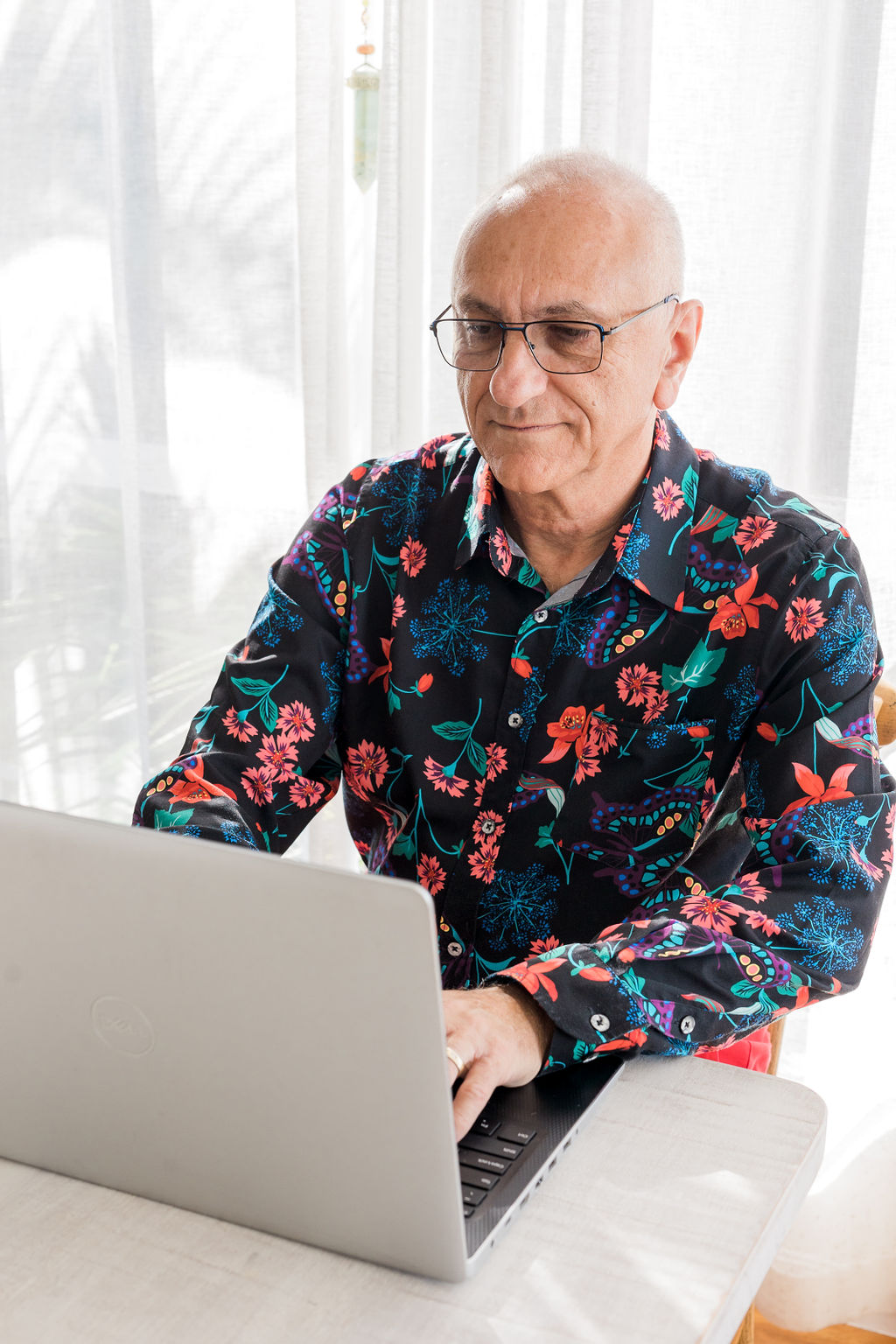

A Scientific Application of Traditional Knowledge
I based Transformational Acupuncture on the works of Dr. Mikio Sankey, who specialized in blending the Traditional Chinese approach to acupuncture with the Hindu Ayurvedic understanding of the body. It follows a Japanese-style approach to needling that is more gentle and comfortable for the patient compared to the traditional Chinese approach.
Most importantly, Transformational Acupuncture it combines these ancient, traditional methods with the defined scientific protocols medical professionals are familiar with. In fact, after surveying 70 of my patients who took part in Transformational Acupuncture over an eight-week period, I found that:
%
reported that acupuncture affected them in a positive way.
%
experienced relief of physical or mental discomfort.
%
said that they had a spiritual experience or an emotional release.
%
reported feeling more relaxed.
%
reported any adverse effects.
Stick it to Depression:
Get Your Life Back, Naturally
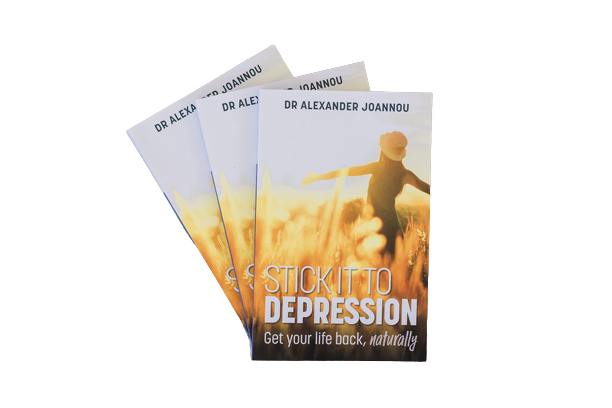
My second book, Stick it to Depression: Get Your Life Back, Naturally, explores this problem that medical professionals experience when diagnosing and treating depression and anxiety. I explore in detail what depression is, why it’s so hard to define, and discuss the failures of modern medicine to address such a wide-spread disorder that affects so many lives.
This is a challenge that I’ve wrestled with as a medical professional for my entire career. Now, I believe I’ve found a holistic, transformational solution that can give you the knowledge to stick it to depression and regain control of your life.
Want to find out more about depression and the role Transformational Acupuncture can play in overcoming it?
